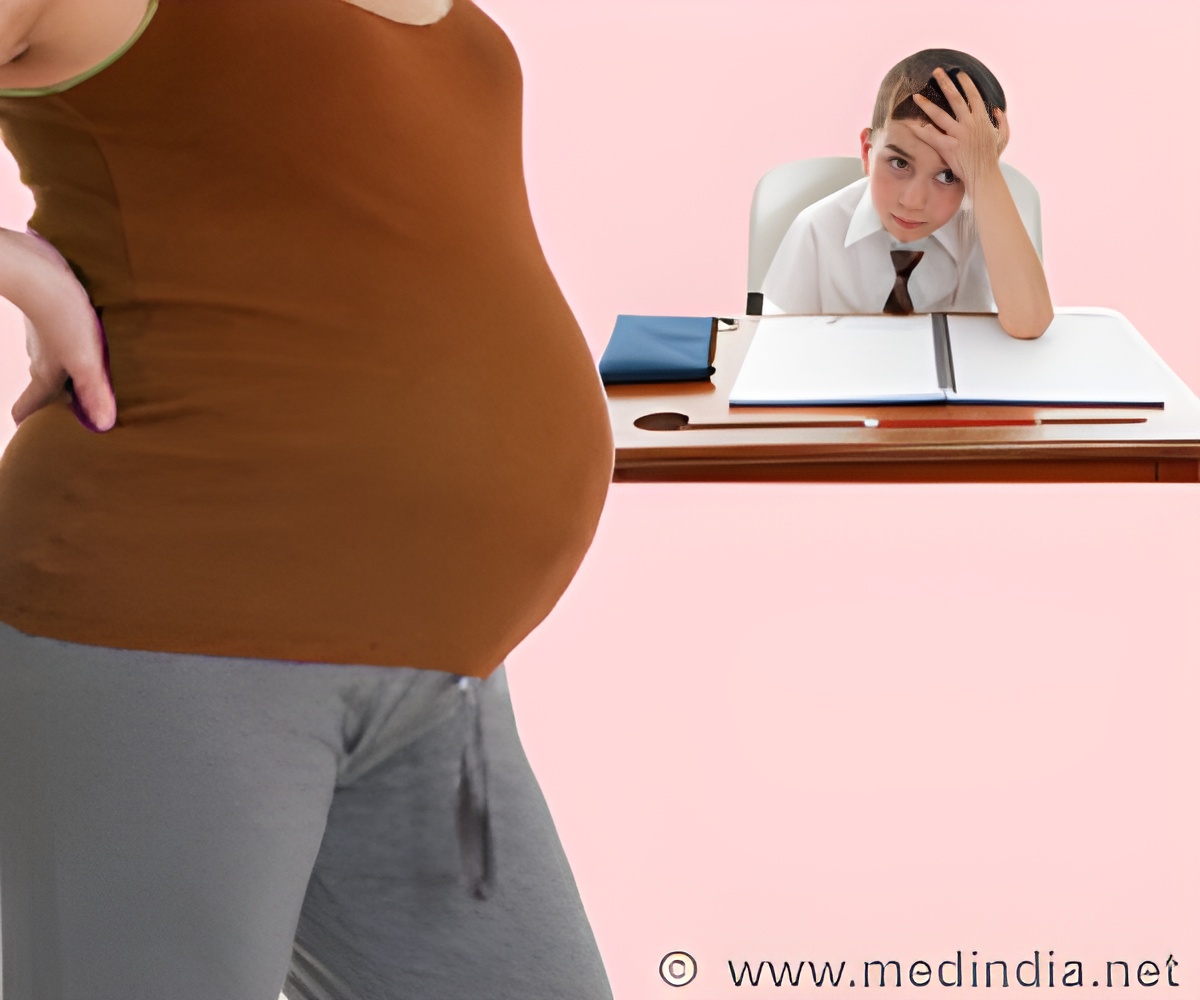Though there isn’t a casual link other than the socioeconomic status of the mother, the child is at risk of depression.

‘Depression in children born due to unintended pregnancy is associated with the mother’s economic background and lack of assess to services.’





"Although the research doesn't suggest a causal link, that doesn't imply that unintended childbearing is without lasting effects on children," says Su, who specializes in the study of American family life and inequality. "In fact, I think it's an important characteristic of the family environment that contextualizes the child's development. It's an indicator of the importance of social resources over the developing life course."
Just over one-third of all births in the U.S. are unintended, a particularly high figure compared to other developed countries. As a sociologist, Su says her immediate questions center on the causes and consequences.
"This has driven a lot of my research, especially because people in disadvantaged populations are much more likely to have unintended pregnancies," she says. "So understanding this as a social problem is key in terms of overall social inequality."
Existing research has established that children resulting from unintended pregnancies generally have poorer health and development than children from intended pregnancies. Their mothers are less likely to get timely prenatal care and they may have poor parent-child relationships.
Advertisement
Su said, "Even though the causal link isn't there, being the child of an unintended pregnancy still makes a difference," says Su. "That difference is likely to be more than the result of pregnancy status."
Advertisement















